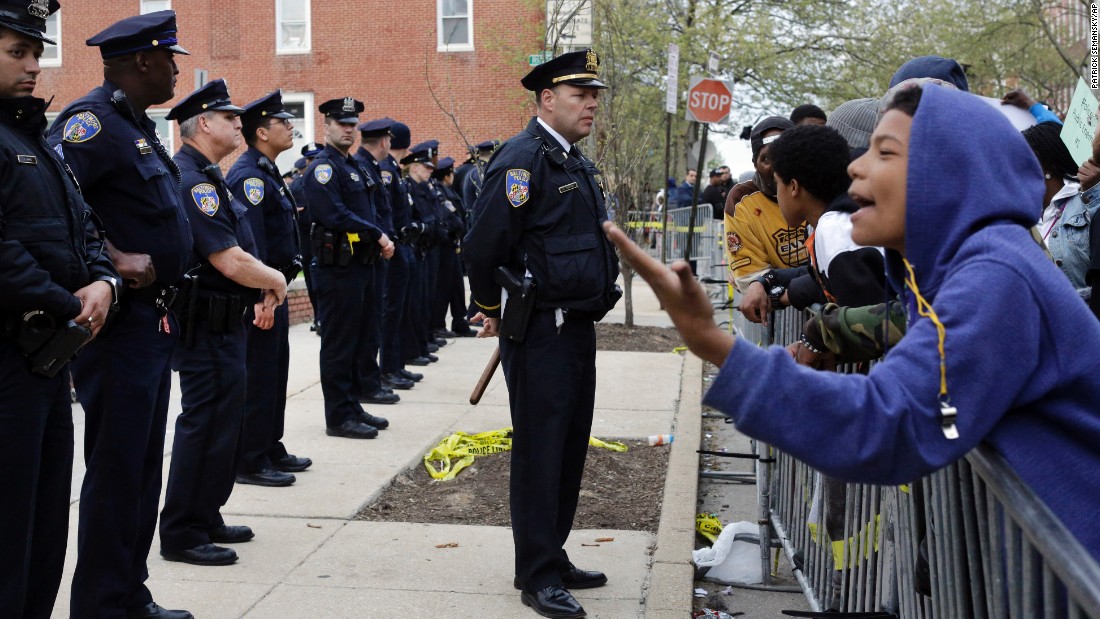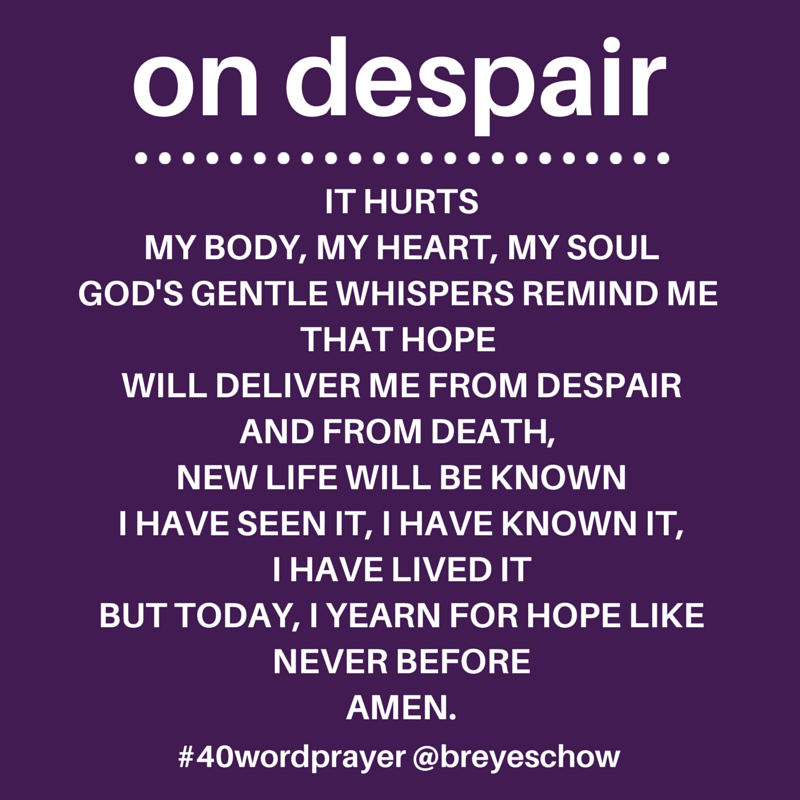Acts 16:16-34
Freed for Ministry Together
The Uprising of Partnership
James Sledge May
3, 2015
Imagine
for a moment that you are out for a walk on a nice spring day. As you walk down
the street you hear something up ahead and you begin to smell smoke. You pick
up your pace a bit and round the corner to see a house with flames lapping out
several of the windows. It looks pretty bad, but there are no firefighters. Then
you spot someone yelling from a window of the third floor. She sees you and
yells more frantically. “Please, help! Save me!” In such a situation do you,
a.
Grab
your cell phone and call 911?
b.
Take
the ladder you see lying there and try to reach the window with it?
c.
Tell
her about Jesus?
Now
imagine an entirely different scenario. (Or maybe you won’t need to imagine.
This has happened in real life to me a couple of times. ) Again you are out for
a walk, but this time someone comes up to you and asks, “Have you been saved?”
In this situation do you,
a.
Ignore
them and keep walking?
b.
Tell
them that you are already a Christian?
c.
Stop
and tell them about that time you were rescued from a burning building?
Language
is a strange thing. We like to think it provides us with a precise means of
communicating, but the reality is that even the best communicators get
misunderstood with regularity. Every pastor I have ever known has stories about
someone coming up following worship and expressing thanks for a word that spoke
directly to that person’s situation. But upon further conversation, it became clear
that the person heard something the pastor had no intention of saying.
I
know a pastoral counselor who is fond of saying that it’s a wonder that we
manage to communicate at all.
One of the problems with language is
that words pick up a lot of baggage over the years. Take that word “save” and
its companion, “salvation.” Both show up in our reading from Acts. The spirit
possessed slave-girl whom Paul cures had been going on and on about how Paul
and his companions “proclaim to you a message of salvation.” And when a jailor
realizes that his prisoners have not escaped after an earthquake opens the
doors, he cries out, “Sirs, what must I do to be saved?”
And we hear these stories nearly 2000 years later and think we know what the
words mean.








